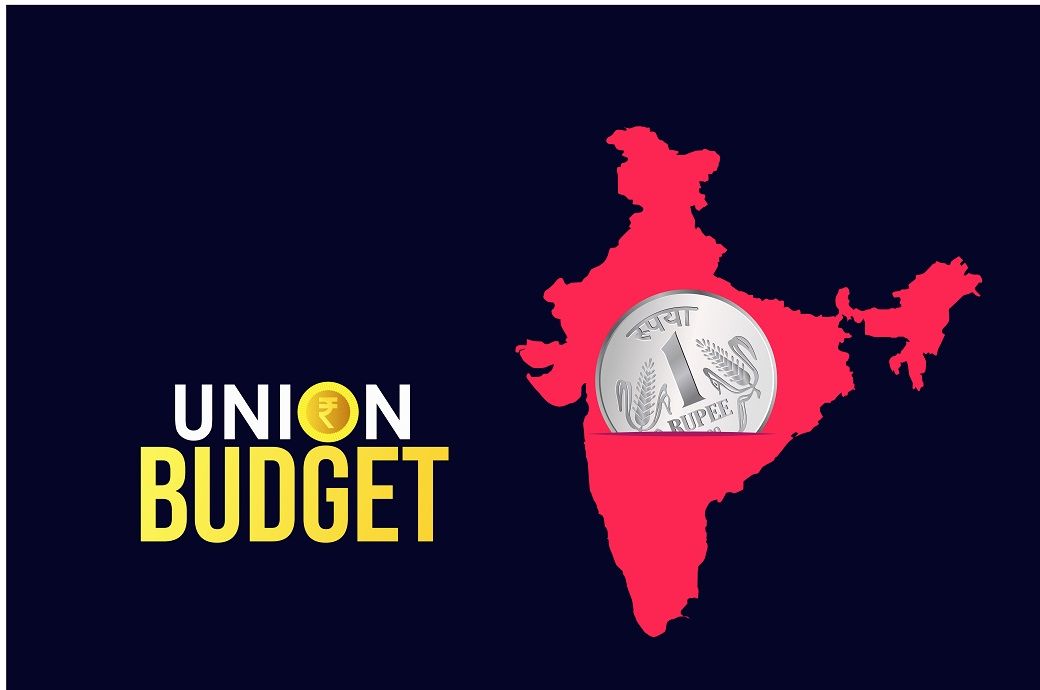
The Indian textile industry, aware of the government's limitations in the proposed interim budget for fiscal 2024-25, still holds certain expectations that should be prioritised. Industry leaders have suggested that the Remission of Duties and Taxes on Exported Products (RoDTEP) scheme be extended until September 30, 2024, allowing the industry to continue functioning until a new government is formed following the upcoming general election. Key industry representatives have highlighted additional issues that need addressing in the upcoming Union budget.
Sanjay Jain, managing director of TT Limited and former chairman of the Confederation of Indian Textile Industries (CITI) told Fibre2Fashion that the RoDTEP scheme is set to conclude in June 2024. He advised that the government should prolong the scheme until the end of September 2024, allowing the incoming government to make a final decision. This scheme offers rebates on various central, state, and local duties/taxes/levies not refunded under other duty remission schemes. Jain noted that the government, presenting a vote of account before the general election, might prefer maintaining the status quo but could address urgent matters. He also suggested the urgent removal of import duties on cotton and cotton waste, as Indian cotton prices might rise to global levels in the coming months due to a reduced domestic crop.
Sanjay Garg, managing director of Longowalia Yarns Limited and president of the North India Textile Mills Association (NITMA), stated that restructuring import duties on knitted fabric is an urgent concern. The industry suffers from the dumping of cheaper knitted fabrics from China and other countries, damaging local industry. Garg also highlighted the revenue loss to the government exchequer from under-invoicing imported knitted fabrics, exploiting gaps in current policy. He urged Union Finance Minister Nirmala Sitharaman to come up with certain provisions to regulate imports in the industry. Although GST is not within the central government's purview, he believes the government should address the long-standing issue of the inverted tax structure on textile products.
Kailash K Lalpuria, executive director & CEO of Indo Count Industries Limited told Fibre2Fashion, "We are eagerly anticipating the upcoming budget and hope for a visionary approach that meets the diverse needs of the textile industry. We look forward to measures supporting sector growth and addressing key challenges.”
Lalpuria highlighted the importance of initiatives that foster industry expansion and tackle prominent obstacles. “Stabilising raw material prices, strengthening supply chains, and improving textile infrastructure are crucial for business empowerment and contributing to the nation's economy. We trust that the budget will reflect these expectations, leading to a strong and sustainable future for the textile industry,” he added.
Speaking to F2F, Dr. Yamunadutt Agarwal, chairman, Jindal Textile said that no major policy decisions can be taken in interim budget. “Full-fledged budget can only take a call on this by the new government. Interim budget however will talk about the performance vis a vis budgeted for fiscal 2023-24. It may also talk about buoyancy in tax collection etc and make known its intention to invest heavily in infrastructure sector and more particularly in ports and airports and it will also talk about employment generation because of such investments.”
He said that the government is also expected to target fiscal deficit of 5.3 per cent of GDP and if that indeed happens then inflation can be curbed, and rate cut cycle can start. At the time of full budget (after general election), there could be many expectations like increase in IT limits, higher allocation for MANEGRA, more interest subvention for exports, increased import duty on imported goods to encourage Indian manufacturers to produce in India, higher MSP for agricultural products, more thrust on employment generating industries by increasing subsidy amount and many such measures.
Fibre2Fashion News Desk (KUL)